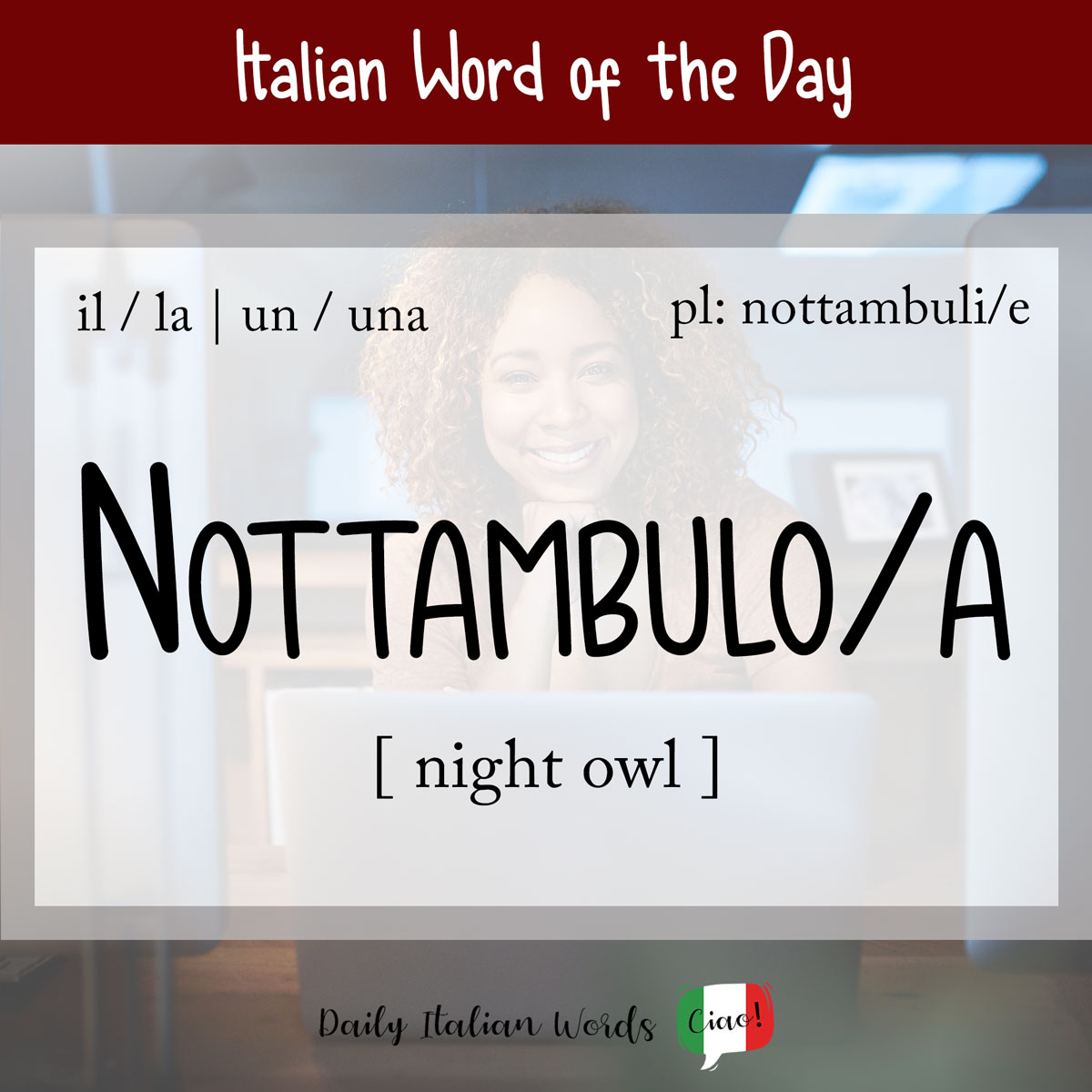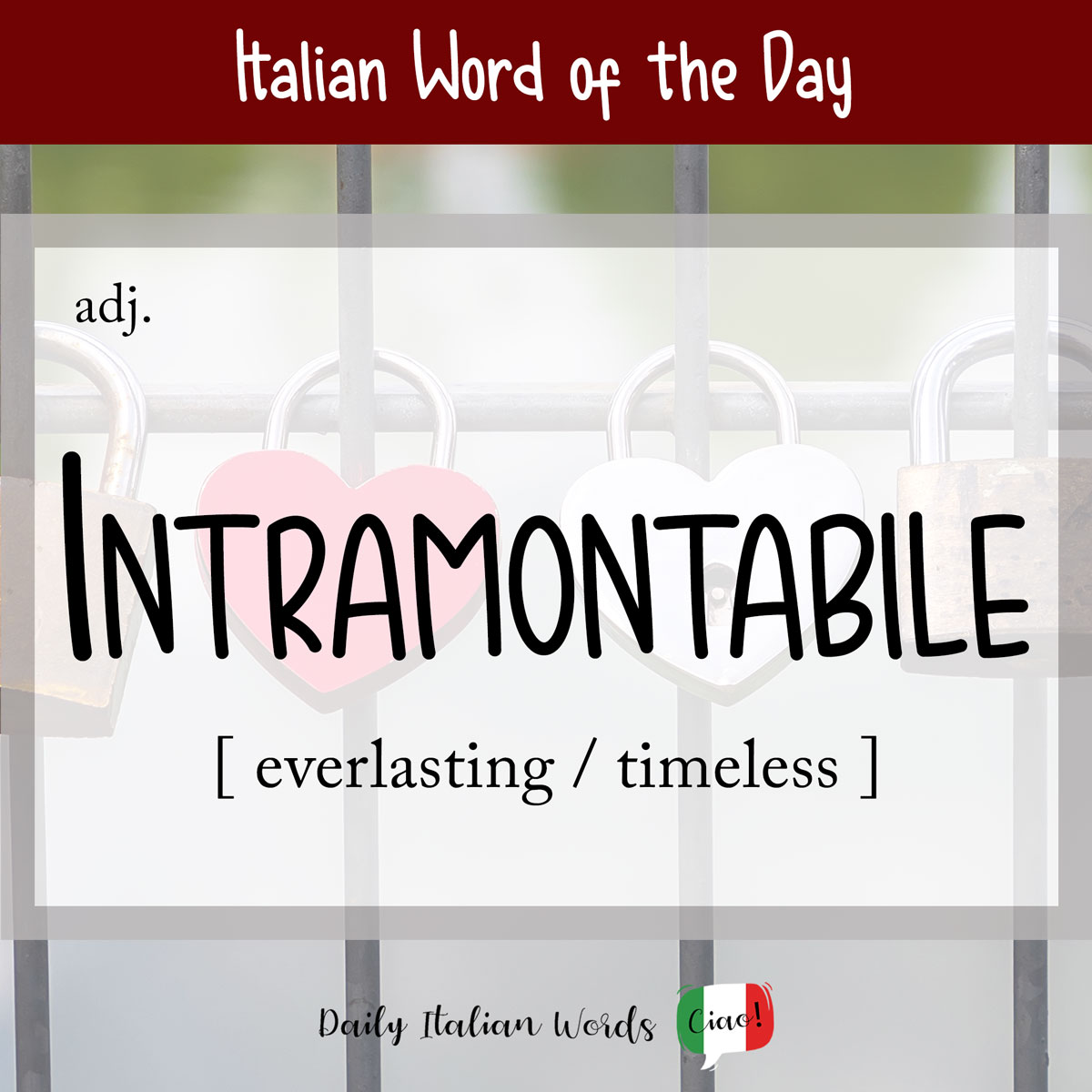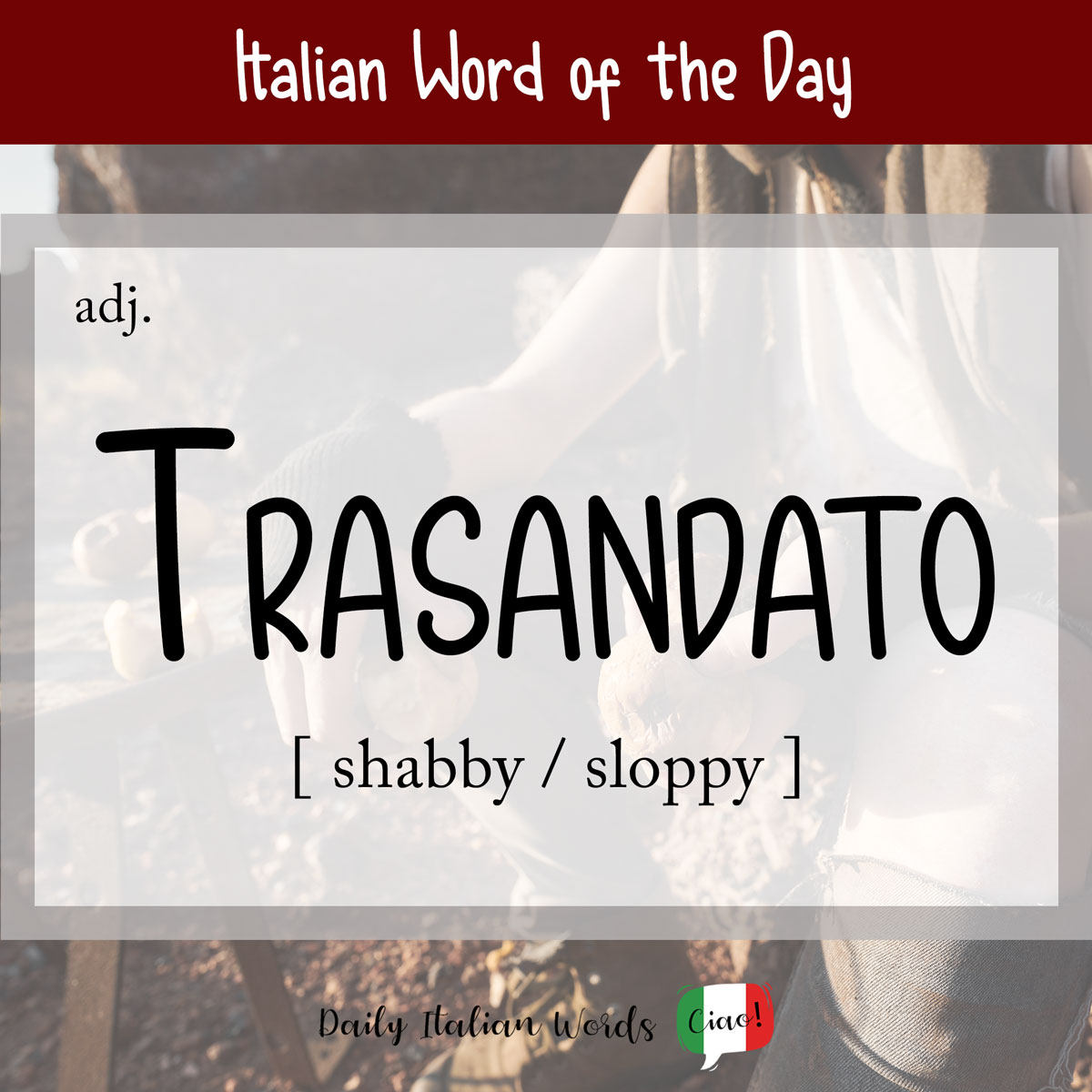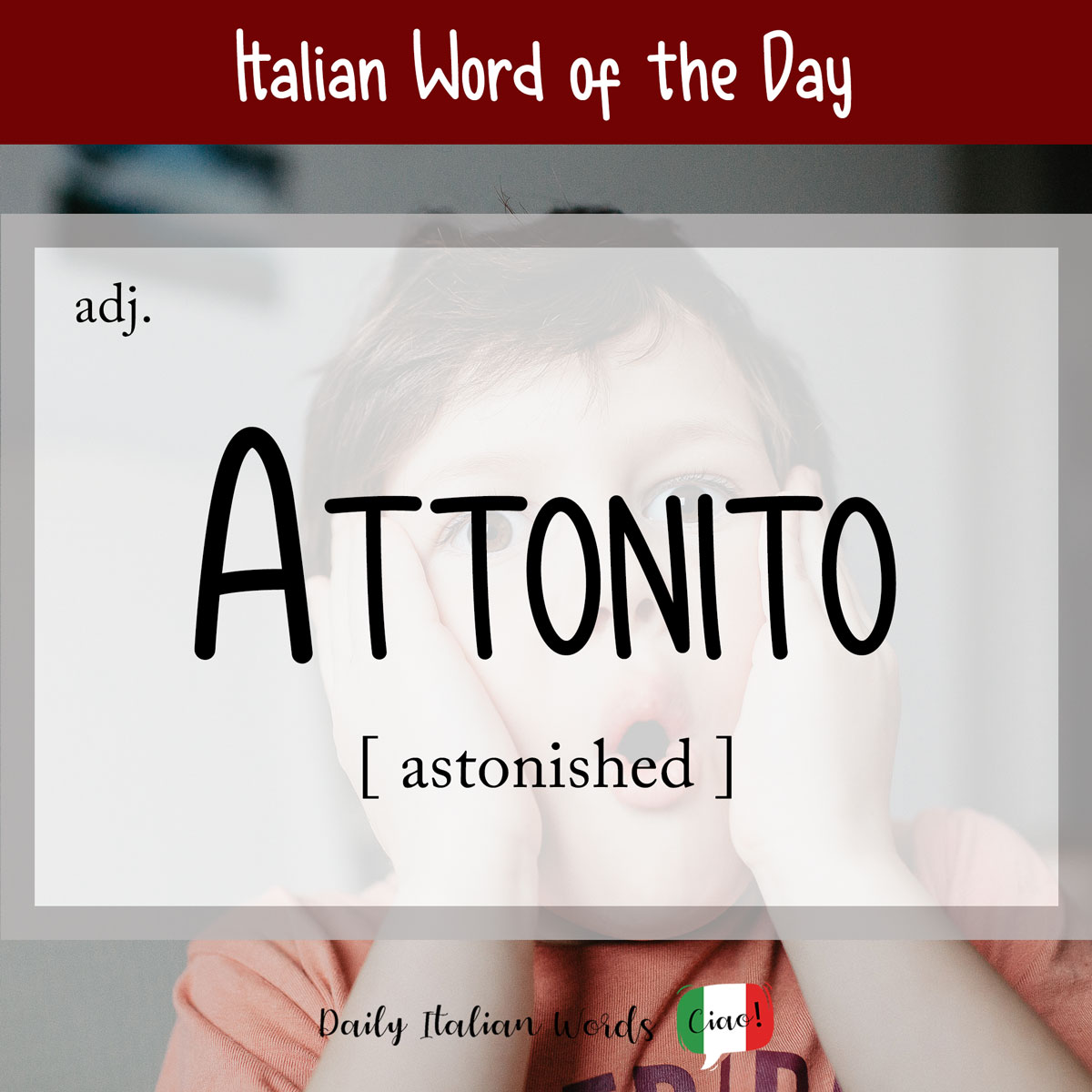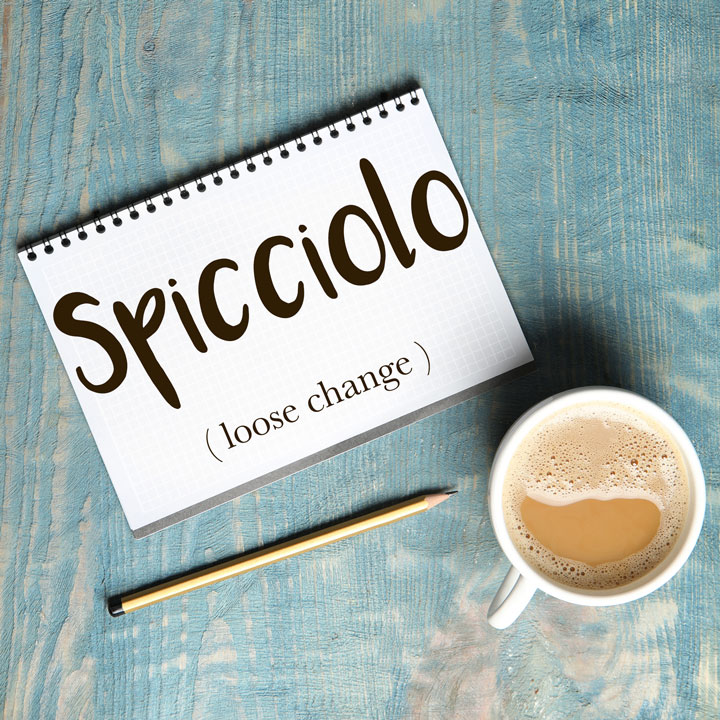Italian Word of the Day: Nottambulo (night owl)
If you are a person who is habitually wakeful or active at night, you might receive the nickname nottambulo which is the word for night owl in Italian. In particular, it indicates those who tend to spend the night walking or enjoying themselves in public places. It is a combination of the Latin words nox …

